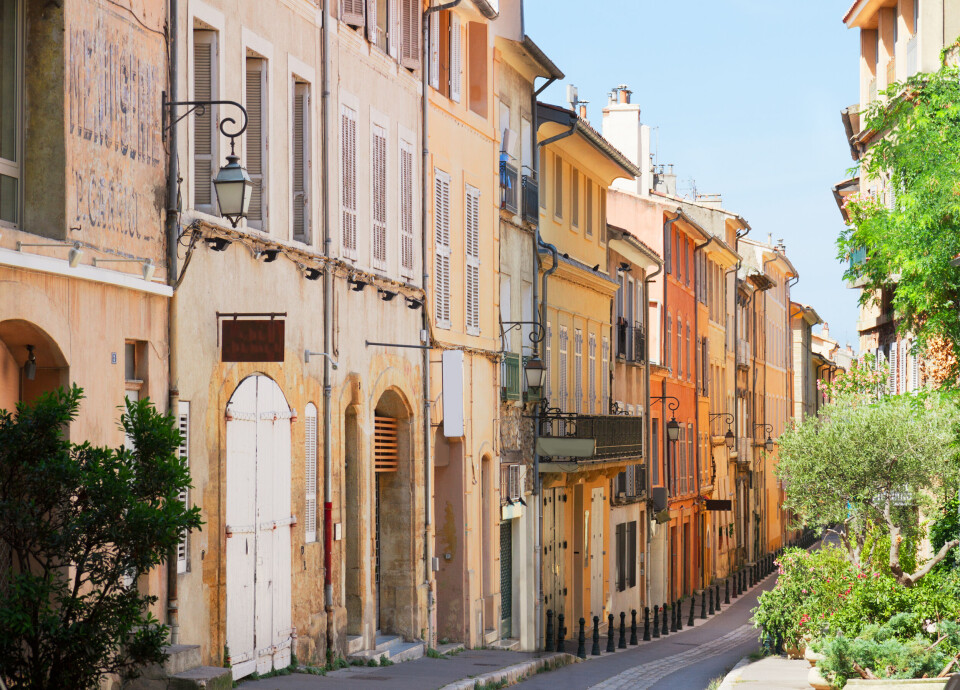-
Why more than half of French households do not pay income tax
Tax credits, ‘parts’ system and tax band increases all play their part
-
Vast majority of French departments opt to increase property notaire fees
What difference will it make to buyers and sellers?
-
Second-home owners: French MPs and senators relaunch efforts for visa concessions
French lawmakers push for a simpler process for Britons post-Brexit
Second home tax increase: Where in France may be affected by new law?
We look at how to determine if your commune is likely to be subject to possible taxe d’habitation increases. Coastal and mountain areas will be impacted

We recently reported how owners of vacant properties and second homes in many parts of France will likely soon see their tax bills rise as a result of measures outlined in the government’s 2023 budget.
Read more: France plans measure to increase taxes on many empty and second homes
This is because of increases to the taxe sur les logements vacants on empty homes and a revision of which areas are classed as zones tendues (experiencing a housing shortage).
A zone tendue is currently defined as an urban area of more than 50,000 people where access to housing is difficult, but the budget looks to extend this to smaller towns and to measure strain on the housing market by the cost of buying and renting a property, and the proportion of second homes in the area.
This is designed to benefit rural communities on the coast or in the mountains for example, which do not have a large population but which are popular tourist destinations and therefore have a lot of empty second homes.
A new list of zones tendues will be outlined in a government decree expected to be published in the next few days; it is likely to include 5,000 communes, as opposed to the current 1,149 spread across 28 urban areas.
It is not yet known whether the population criteria will simply be reduced to a lower number or whether it will be removed completely.
Changes to the definition of a zone tendue also mean that some local authorities which were not previously classed as being within such an area will now be able to apply a surtaxe d’habitation to second homes in their district.
Taxe d’habitation (occupancy tax) is gradually being phased out for all main residences, none of which will pay it in 2023.
Read more: French taxe d’habitation: Who is fully exempt in 2022?
However, the tax remains in place for all second homes, and in zones tendues a surcharge of five to 60% can be imposed if decided by the local council.
Read also: French second homes: taxe d’habitation rates continue to rise
Read also: Do non-residents pay more French tax on second homes than residents?
As a result of the budget, this surtaxe will potentially be applicable over a wider area.
Which areas will be affected?
National statistics institute Insee states that one in ten French residences is a second home, and that 40% of these are on the coast, 16% in the mountains and 12% in densely populated urban areas (this therefore suggests that a further 32% are in non-coastal rural or small town areas). Some such areas will therefore be deemed ‘under pressure’ in the future while they are not currently designated as such.
Renaissance MP Xavier Roseren has told Le Parisien: “In Haute-Savoie, in Chamonix-Mont-Blanc, 70% of properties are second homes. This proportion even reaches 84% in the small commune of Contamines-Montjoie”.
Alpine villages and towns which are popular with second-home owners are therefore likely to be affected by the new law, as are communes situated along the Mediterranean and Atlantic coastlines and in Corsica.
To find out if your commune is currently on the list of zones tendues, you can enter its name or your postcode into this government search tool.
The results may not be completely up to date, but they can help to give an idea of the areas more acutely affected.
Mr Roseren acknowledged that: “Increasing taxe d’habitation by €100, €200 or €300 will not make people sell their properties.”
However, he added that: “This tool will not resolve the housing problem but will bring in extra revenues which can be used by mayors to improve the permanent housing stock by buying land or building social housing.”
Communes will not be obliged to impose a surtaxe d’habitation, but can choose to if they believe that the local situation calls for such action.
In 2022, less than 30% of the local authorities that are already permitted to increase taxe d’habitation for second homes actually did so.
Read also: Marseille joins other French cities to impose maximum second home tax
In future, increasing taxe d’habitation bills for second homes may be deemed necessary by a higher proportion of communes, as the tax is now no longer applied on main residences.
Communes affected by the changes to zone tendue criteria will have until February 28, 2023 to decide whether or not to apply the taxe d’habitation surcharge for next year.
Related articles
Second home protesters in Pays Basque attack minister's home
Protests against second homes in Brittany as housing debate continues
Second-home protests in Brittany: 'But we buy homes French don't want'
























